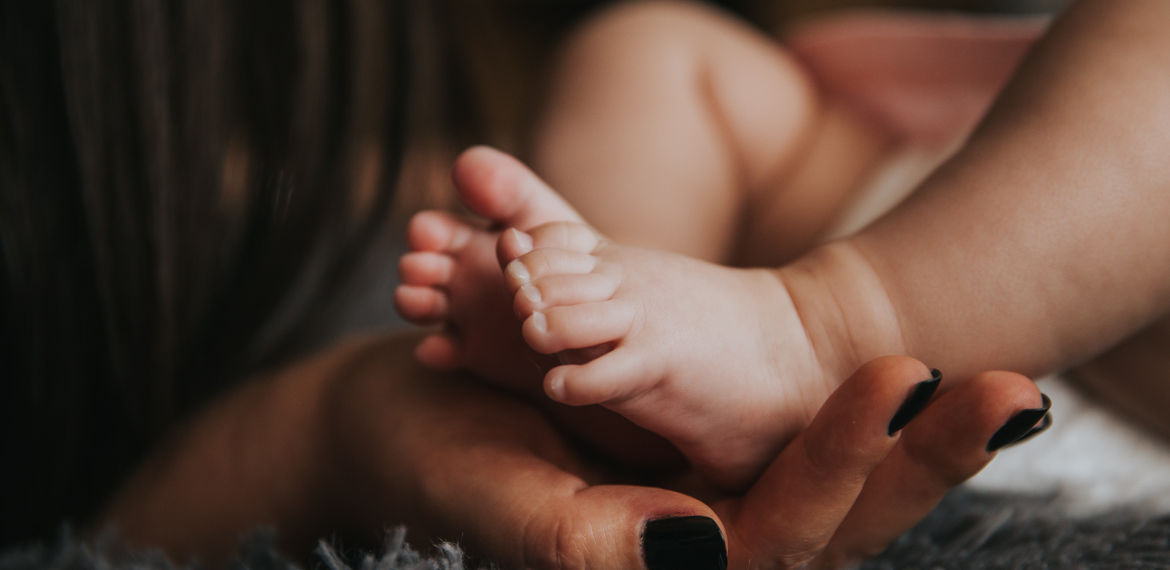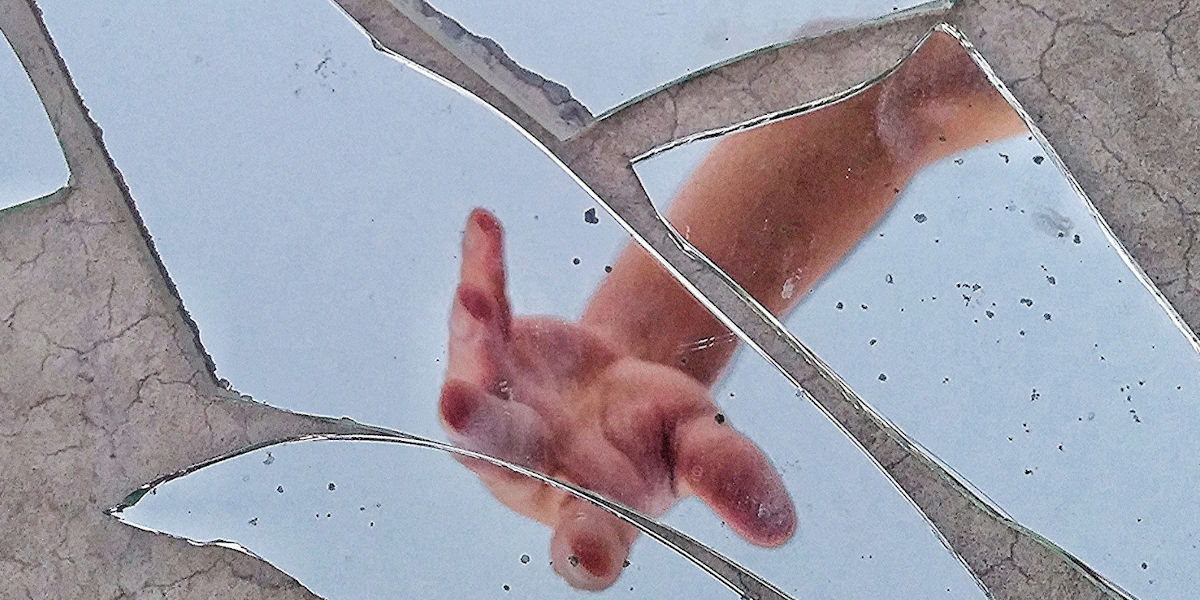
7 Issues Bisexual People Face in Therapy
Bisexuality is often linked to the “Invisibility” Dilemma. Despite making up the largest sector of the LGBTQ+ population, bisexuals are the least likely to disclose their sexual orientation publicly. This lack of visibility can lead to poorer physical and mental health outcomes, which is why bisexual therapy with an LGBTQ+ affirming counselor is crucial for addressing these unique challenges.
bisexual discrimination
Even bisexual individuals who proclaim their sexual orientation as “bisexual” are more likely to be erased in historical accounts as loving one gender more than another. This is because we have a tendency to dichotomize sexuality into an either/or scenario, which means that we simultaneously omit the possibility of “and” (e.g. in asking, “Are you attracted to men or women?” instead of saying “Are you attracted to either men and/or women?”).
To most, it may seem like a picky distinction; but in counseling, comprehending the impact of invisibility is of incredible significance. As many of the following bullet points will illustrate, the concurrent influences of invisibility, delegitimization, and stigmatization of bisexuality can profoundly affect an individual’s mental health. These are precisely the issues that bisexual therapy seeks to address - by creating a space where bi+ identities are seen, validated, and understood.
7 therapy topics unique to bisexual populations
- Coming Out: Resolving inner turmoil about your bisexuality, and coming out as bisexual to yourself (self-acceptance), and to family, friends, significant others, or the workplace; dealing with rejection (biphobia) from the heterosexual community (“Oh, you’re just confused…” or “It’s just a phase”) and from the homosexual community (“You must be ashamed to be gay”); in a similar vein: handling external pressures to identify yourself as solely or as more attracted to one sex or the other
- Familial & Social Rejection: Coping with the spectrum of negative responses that your family may display after learning about your sexual orientation (from tears, anger, or shame; to revoking financial support or kicking you out of their home; to physical and emotional violence); overcoming feelings of social isolation and connecting you to safe spaces in your community for bisexual adults and youth
- Delegitimization: How to respond when you encounter members of the heterosexual or LGBTQ+ communities who refuse to believe that bisexuality truly exists and interrogate you about your sexual preferences
- Stereotypes: “Bisexuality is just a phase”; “It’s a pit stop along the way to admitting that you’re actually gay”; “You’re just craving attention from the opposite sex”; Bisexuals are “promiscuous”, “non-monogamous”, “greedy”, or “indecisive”; if you choose to date a member of the opposite sex: “You’re no longer bisexual” or “You’ve chosen the easy way out by pretending to be heterosexual”
- Discrimination & Violence: Confronting discrimination in academics, the workplace, or from adoption, housing, and law enforcement agencies; responding to bullying, name-calling, or physical assault; safeguarding yourself from forms of violence that affect bisexual populations in staggering proportions (such as sexual assault, stalking, or domestic abuse.)
- Mental Health & Healthcare: Receive qualified treatment for mental health issues significant to bisexual populations (depression, anxiety, substance abuse, PTSD, eating disorders, and more+); overcome suicidal ideations and self-harming or risky behaviors; find a healthcare provider whom you trust and narrow the health disparity gap for bisexuals (get screened for cancer, heart disease, and sexually transmitted infections, and more+)
- Love, Dating, & Sex: Revealing your sexual orientation to prospective or current partners; dealing with a partner’s jealousy or irrational fear that you’ll leave him or her for a member of a different sex; navigating interactions with individuals who think that being bisexual equates with exhibitionism, promiscuity, heightened infidelity risk, or the desire to have threesomes and/or non-monogamous relationships; escape, recuperate, and rebuild from a toxic and/or abusive relationship
how can bisexuality counseling help me?
Bisexual therapy-goers will encounter many issues that are identical to those of their heterosexual and other LGBTQ+ community members (problems with conflict in relationships, struggles with depression or anxiety, parenting headaches, and more); but for the issues that are unique—such as the bisexual invisibility paradox, the delegitimization of bisexuality by both heterosexual and homosexual communities, and the stigmatization of bisexuality as a phase of confusion or a license for sexual promiscuity—the most constructive therapeutic outcomes can be achieved by finding a counselor who is unbiased, who acknowledges your unique personhood and sexual identity, and whom you feel comfortable enough with to form a bond of enduring trust. A therapist who is competent in the specific issues that affect bisexual individuals can help you:
- Achieve a state of self-acceptance about your own sexuality and support you throughout the process of coming out to your family, friends, co-workers, or romantic partners
- Help you to reconcile your spiritual, moral, and cultural beliefs with your bisexuality (where internal conflicts between the two arise)
- Connect you to bisexual-affirmative resources in your own community that unite you with other bisexual persons or LGBTQ+ and straight allies
- Ensure that you receive proper preventative healthcare to bridge the healthcare disparity gap encountered by bisexual individuals
- Encourage you to persist when you encounter: familial or social rejection, stereotyping from romantic partners or the gay & straight communities, bullying, discrimination, or violence
- Provide compassionate and qualified mental health services for co-occurring conditions (depression, suicidality, anxiety, eating disorders, substance abuse, and more+)
- Assist you throughout the leaving and recovery phases of toxic and abusive relationships

About Lifeologie
Lifeologie Counseling was founded in 2000 with one goal in mind — to bring a fresh, innovative approach to the everyday problems of life. Creative solutions to stuck problems®. With our unique multi-specialty, collaborative approach, Lifeologie Counseling helps individuals and families heal their wounds and break out of old, unhealthy patterns.




